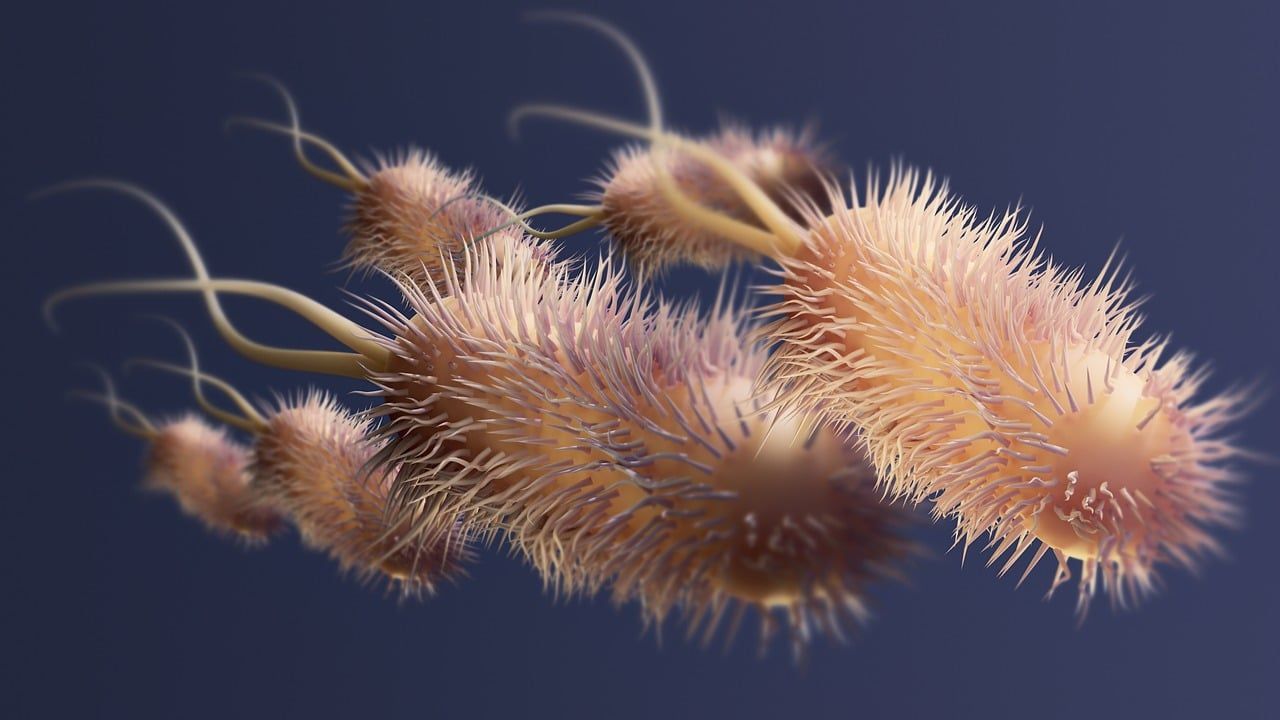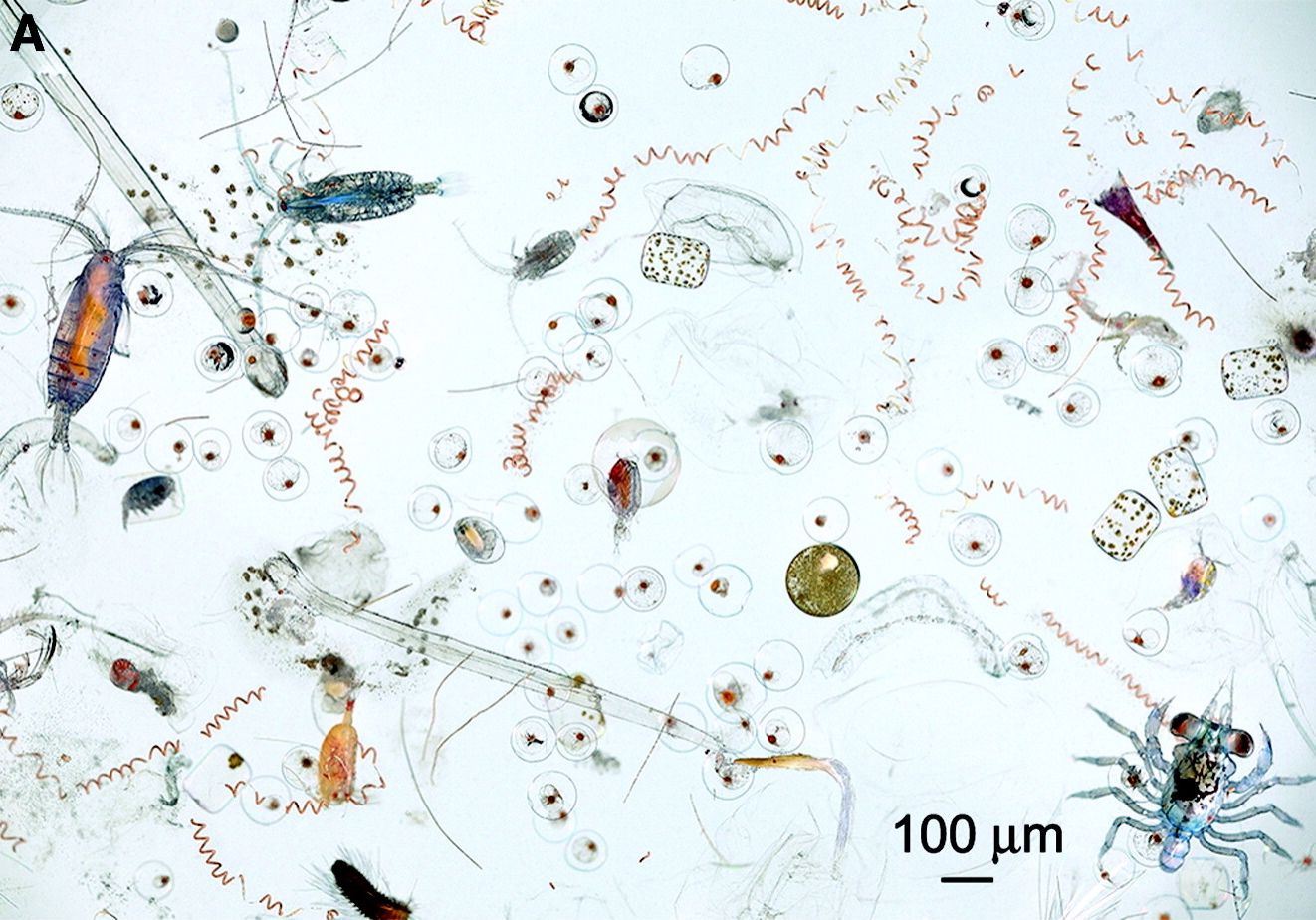Will these tiny creatures dominate the oceans of tomorrow?
Follow us on Google News (click on ☆)

Illustrative image Pixabay
Prokaryotes, including bacteria and archaea, are considered the oldest forms of cellular life on Earth. Able to thrive in nearly all environments, these organisms are abundant in the oceans and make up about 30% of marine biomass. They play a crucial role in the oceanic food chain by supporting the nutritional needs of fish.
However, recent studies reveal that prokaryotes could become the big winners of climate change. Researchers have found that although their total biomass might slightly decrease with rising temperatures, this decrease would be less significant than that of other marine life forms, such as plankton and fish.
This resilience could have serious consequences. If prokaryotes become more dominant, they could divert a greater share of available nutrients, reducing fish populations that billions of people rely on for food. Additionally, the increase in their metabolic activity could amplify carbon emissions from the oceans, complicating efforts to curb climate change.
Researchers emphasize the need for a better understanding of how prokaryotes will evolve in response to rapid environmental changes. The ability of these organisms to quickly adapt could further exacerbate the impacts of warming on marine ecosystems.

Marine microplankton from a sample taken off the coast of Kailua-Kona in Hawaii, photographed aboard NOAA's Oscar Elton Sette (R 335) ship.
Image Wikimedia
Current models do not fully capture these complex dynamics, and further research is needed to anticipate the long-term repercussions on the marine food chain and the global climate.